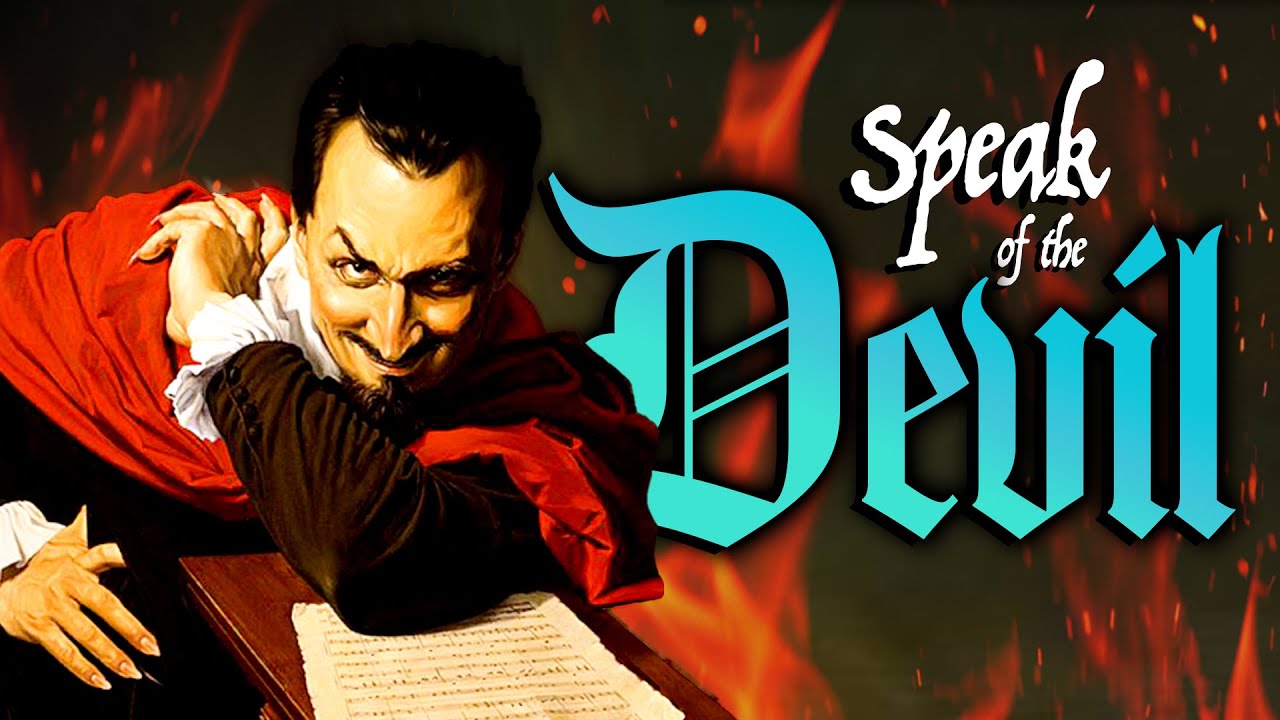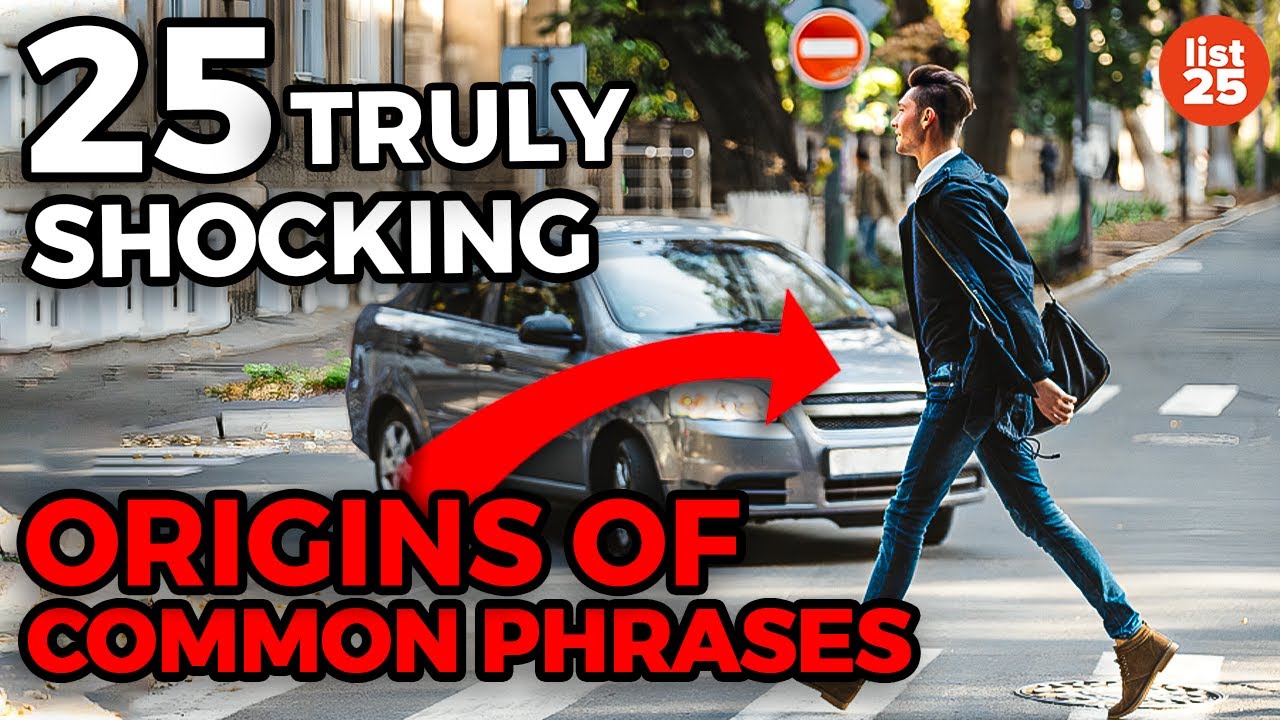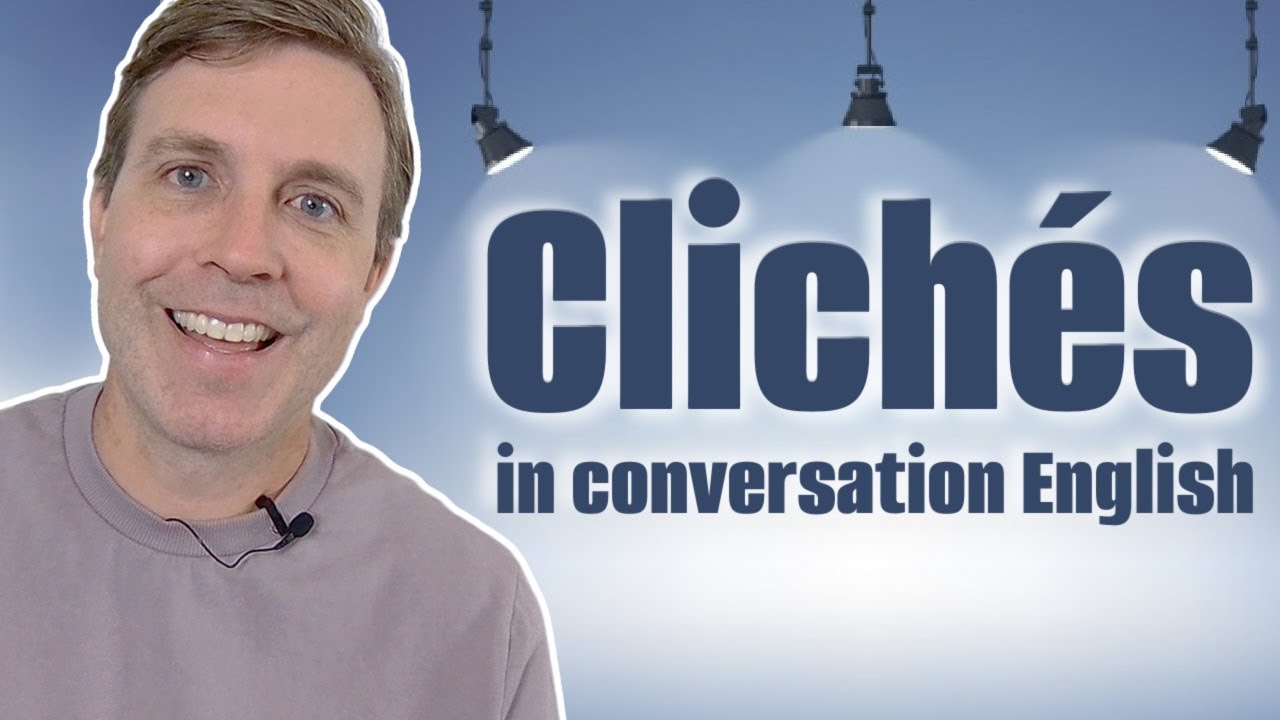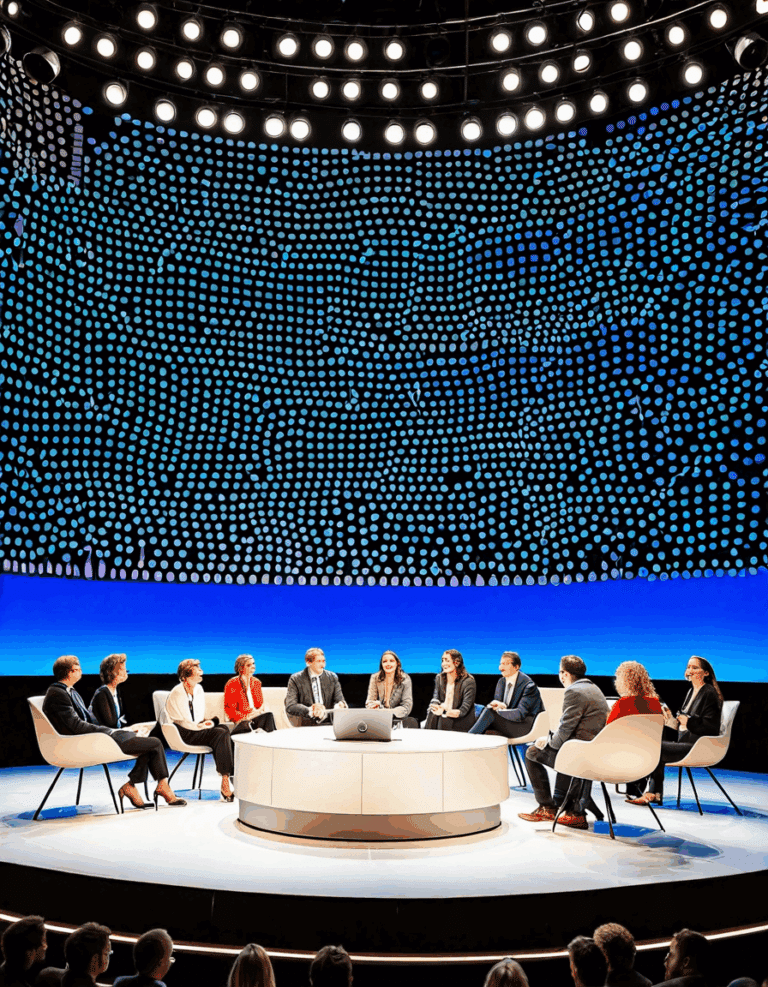In the age of information overload, the ability to communicate effectively is more critical than ever. The impact of well-chosen phrases and clichés can elevate a brand, inspire individuals, and foster connection. So, let’s explore a selection of compelling clichés and phrases that not only capture attention but also resonate on a deeper level, driving engagement and motivation. These words have the power to elevate your message, spark curiosity, and make an indelible mark in your audience’s minds.

Top 7 Phrases and Clichés That Ignite Inspiration and Connection
1. “Think Outside the Box”
This phrase encourages creativity and innovation. Companies like Apple have adopted this mantra to revolutionize technology. They motivate their teams to shatter conventional thinking, leading to groundbreaking products like the iPhone and iPad. Embrace this mindset, and watch how your ideas can break barriers and reshape industries.
2. “It Is What It Is”
Often used to help accept reality without resistance, this phrase has gained traction in corporate settings, especially during crises. Look at how Delta Air Lines communicates with customers during service disruptions, employing this phrase to convey transparency and realistic expectations. It’s about acknowledging circumstances and recalibrating expectations, a necessity in today’s business landscape.
3. “The Sky’s the Limit”
This saying generates encouragement and optimism, establishing a growth-oriented culture in organizations. Take SpaceX, for instance, as they push boundaries in space exploration while inspiring a generation to believe in limitless possibilities. This philosophy not only inspires employees but also audiences, who see the potential for big dreams.
4. “Every Cloud Has a Silver Lining”
A reminder of positivity during challenges, this cliché encourages a relentless pursuit of success. Brands like Nike have crafted motivational campaigns around the concept that challenges lead to personal growth. Harness this perspective to empower your audiences to overcome obstacles and embrace newfound opportunities.
5. “What Doesn’t Kill You Makes You Stronger”
Made famous by Kelly Clarkson’s empowering hit song, this phrase encapsulates resilience and personal strength. Organizations like Google promote resilience training to illustrate how employees can thrive amid challenges. It’s fundamental in today’s fast-paced world; the more you adapt, the stronger you’ll emerge.
6. “A Picture Is Worth a Thousand Words”
In the realm of branding, visuals are crucial, and this cliché hits home. Companies like Coca-Cola leverage powerful imagery in their advertisements, conveying emotions without relying solely on text. When delivering your message, use compelling visuals or anecdotes to reinforce your words.
7. “Actions Speak Louder Than Words”
This phrase emphasizes authenticity. Patagonia exemplifies this through their commitment to environmental activism. Their actions resonate more profoundly than typical marketing campaigns, proving that backing your words with deeds is paramount in building trust.

The Psychological Impact of Clichés and Phrases
Clichés and phrases serve as more than just linguistic tools; they carry intrinsic psychological weight. Research from the Harvard Business Review shows that familiar phrases enhance relatability and trust in communication. When you use clichés and phrases, they can evoke emotional responses that allow for deeper connections. Keep in mind, though, that relying too much on these sayings can lead to disengagement, making them lose their magic.
Understanding how your audience processes language is essential. Many are drawn to phrases that resonate with their own experiences or ideologies. Clichéd phrases create a sense of familiarity, making it easier for your listeners to relate to your message. However, be wary of overuse. They can become predictable and stale if they linger too long in your vocabulary.
Incorporate a mix of fresh and familiar language in your speaking and writing to optimize engagement. Aim to evoke emotional responses while keeping your audience’s interest alive. Whether you’re crafting your next speech or writing a blog post, consider the psychological impact of your word choices to enhance your communication.

The Art of Crafting Your Own Clichés and Phrases
To stand out, creating unique phrases or customized clichés is imperative. Here are some strategies to develop personalized expressions that echo well with your audience:

Utilizing Phrases and Clichés in Professional Speaking
As an aspiring speaker, incorporating catchy phrases and clichés effectively can elevate your presentations. Here’s how to utilize them in impactful ways:
Using the right words can create moments that leave your audience inspired. You want them to talk about your presentation long after it’s over.

Closing Thoughts on the Power of Phrases and Clichés
Phrases and clichés should never be seen as flaccid expressions; instead, they hold the transformative power to captivate, inspire, and alter communication dynamics. As speakers and leaders, utilizing clichés and phrases can forge deeper connections, fuel motivation, and enhance the clarity of our messages.
In an era where attention spans are fleeting, let your words illuminate a path of inspiration and action. With the right phrases and clichés in your arsenal, you have the potential to not only engage your audience but to empower them to think differently and act purposefully. So, harness this power and watch as your speaking career soars to new heights!
By incorporating strategic elements into your content, drawn from insights rather than merely existing ideas, you pave the way for a more engaging reader experience. Explore the usefulness of clichés further on our website, where we delve into topics such as public speaking Schools and the significance of strong messaging with Prese and Prenstation. The journey of becoming a well-respected speaker is one that requires authenticity and the right tools, so let’s embark on that path together!
Phrases and Cliches That Captivate and Inspire You
The Everyday Wisdom of Phrases and Cliches
Phrases and cliches are everywhere in our daily conversations. They help us convey ideas quickly and easily, packing wisdom into just a few words. Think about when someone says they’re going Dutch on a date. It not only tells you about splitting the bill but also has historical roots traceable to how the Dutch were perceived as frugal folks. Who knew a simple financial agreement could come with such cultural significance? Speaking of culture, let’s consider how phrases can shape our views, like the oft-repeated notion of Women who suck which actually points to societal judgments—sometimes leading to unfair perceptions.
Now, isn’t it fascinating how language shapes our reality? For instance, the expression Caba might pop into your head, not just as a quirky word but as an intriguing descriptor of modesty within specific cultural contexts. These phrases, while seemingly trivial, can influence our thoughts and interactions. Just as when discussing travel,Airfares often has a psychological impact; understanding financial aspects influences our willingness to embark on new adventures or even just a weekend getaway. Language plays a crucial role in shaping our behavior and decisions.
Fun Facts and Cultural Tidbits
Let’s pivot to some engaging trivia. Did you know that certain phrases can actually make us feel more connected? For example, the phrase French Creek State Park conjures images of serene getaways in nature, which has become a popular subject in films and discussions about outdoor adventures. The beauty of phrases and cliches lies in their ability to evoke emotions and memories almost instantly. They’re not just words; they can be a journey waiting to happen, much like booking a trip—it’s all in the inspiration.
In conclusion, phrases and cliches serve as a tapestry weaving our collective experiences and knowledge into the fabric of conversation. Whether you find them at the heart of a lighthearted debate or a deep discussion, they add flavor to our exchanges. So, the next time you use a familiar phrase, think about the story behind it and where it might lead you—just like how understanding cultural nuances can make or break our connections with others!










